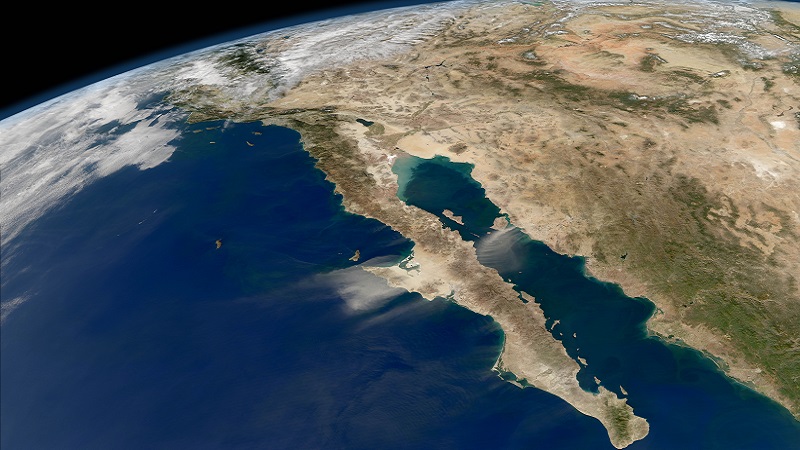Following reports that a US startup had started releasing sulfur particles into the sky in the northern province of Baja California, Mexico has unveiled a new set of regulations to ban solar geoengineering activities in the nation.
The Mexican government announced that it would create a plan to ban further solar geoengineering experiments, which would include a public awareness campaign and academic studies. More concrete actions, however, were not announced by the government.
“Mexico reiterates its unavoidable commitment to the protection and well-being of the population from practices that generate risks to human and environmental security,” said the government in a statement.
Read also: Extreme heat could put 40% of land vertebrates in peril by end of century
Geoengineering is the practice of purposefully altering Earth’s processes in order to regulate its climate. One speculative idea has been to spray sulfur particles into the atmosphere to cool the planet, which has been shown to happen briefly after volcanic eruptions.
This procedure, known as a stratospheric aerosol injection (SAI), was found to have the ability to lower global mean temperatures, according to a recent United Nations report.
However, the report said it cannot entirely offset the pervasive effects of global warming and causes unforeseen consequences, including effects on ozone.
In 2010, the UN convention on biological diversity declared a geoengineering ban in the absence of sufficient scientific evidence and rules.
Story was adapted from Climate Home News.
